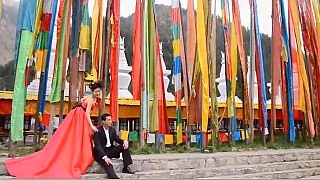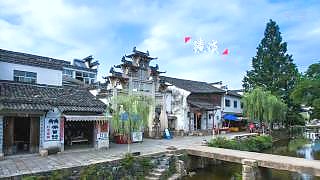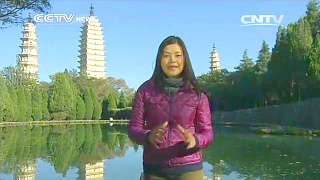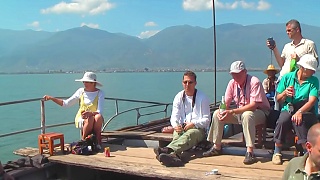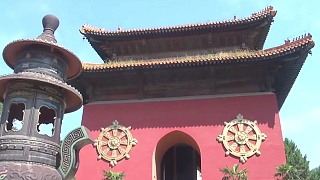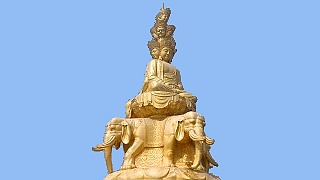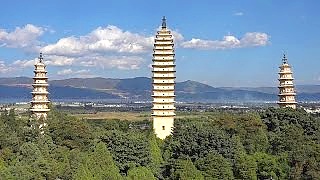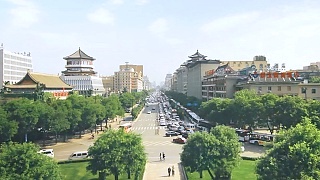Dali, located in Yunnan Province in southwestern China, is a charming and culturally rich destination that attracts visitors with its stunning natural scenery, ancient history, and vibrant local culture. Here's a guide for visitors to Dali:
Historical and Cultural Significance:
Ancient City: Dali Ancient City, also known as Dali Old Town, is a well-preserved historical town that dates back over 1,000 years. It served as the capital of the Kingdom of Dali during the Tang Dynasty and later as an important trading post on the ancient Tea Horse Road.
Bai Minority Culture: Dali is home to the Bai ethnic minority, whose unique culture and traditions are evident throughout the region. Visitors can explore Bai villages, interact with locals, and learn about their traditional customs, architecture, and craftsmanship.
Top Attractions:
Erhai Lake: One of Dali's most iconic natural attractions is Erhai Lake, a vast freshwater lake surrounded by picturesque landscapes. Visitors can take boat cruises on the lake, cycle along its shores, or hike to viewpoints for panoramic views of the water and surrounding mountains.
Three Pagodas of Chongsheng Temple: Located just outside Dali Ancient City, the Three Pagodas are iconic symbols of the region and date back to the Tang Dynasty. The pagodas are set against the backdrop of Cangshan Mountain and are surrounded by lush gardens and temples.
Cangshan Mountain: Cangshan Mountain is a scenic mountain range that towers over Dali and offers numerous hiking trails, scenic viewpoints, and opportunities for outdoor adventure. Visitors can hike to waterfalls, explore alpine meadows, and enjoy panoramic views of the valley below.
Xizhou Ancient Town: Xizhou Ancient Town is another well-preserved historical town near Dali, known for its traditional Bai architecture, historic courtyards, and vibrant market streets. Visitors can wander through the town's narrow alleyways, visit ancient temples, and sample local delicacies.
Cultural Experiences:
Bai Architecture: Explore the distinctive Bai architecture found throughout Dali, characterized by white-washed walls, gray tiled roofs, and intricately carved wooden decorations. Visitors can tour traditional Bai homes, visit ancient temples, and learn about local building techniques.
Cultural Performances: Experience traditional Bai music, dance, and theater performances at local venues and cultural centers in Dali. These performances often showcase traditional costumes, musical instruments, and storytelling techniques unique to the Bai culture.
Practical Tips:
Weather: Dali enjoys a mild climate year-round, but the best time to visit is during the spring (March to May) and autumn (September to November) when the weather is most pleasant and the landscapes are lush and green.
Transportation: Getting around Dali is convenient with its network of buses, taxis, and bicycles. Many attractions are within walking distance of Dali Ancient City, while others can be reached by public transportation or organized tours.
Accommodation: Dali offers a range of accommodation options, including boutique hotels, guesthouses, and traditional courtyard homes. Staying in Dali Ancient City allows visitors to immerse themselves in the town's historic atmosphere and vibrant culture.
Dali offers a captivating blend of natural beauty, cultural heritage, and traditional charm, making it an enchanting destination for visitors seeking to explore the treasures of Yunnan Province. Whether hiking in the mountains, wandering through ancient towns, or immersing oneself in local culture, Dali has something to offer for every traveler.

 The Three Pagodas of ChongSheng Temple 崇圣寺三塔, DaLi, YunNan
The Three Pagodas of ChongSheng Temple 崇圣寺三塔, DaLi, YunNan
